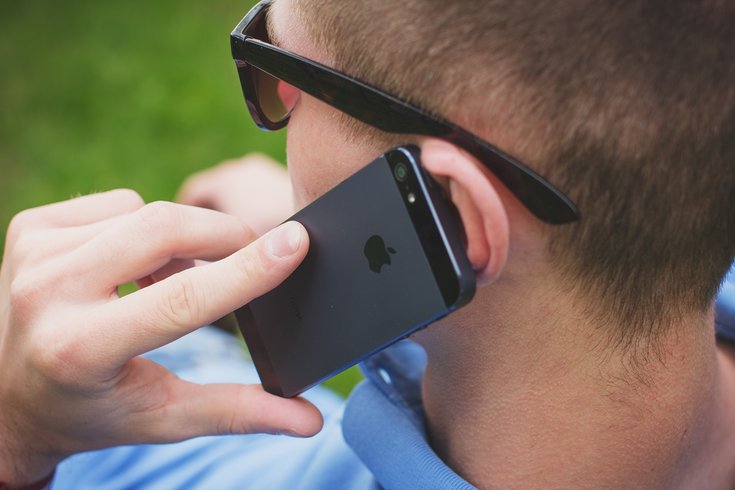
October 31, 2023
 freestocks/Unsplash
freestocks/Unsplash
A new study on the 988 Suicide and Crisis Lifeline found that people with severe psychological distress are more likely to have heard of the resource. But research also showed that most people who have used the hotline would likely not use it again.
New research on the 988 Suicide and Crisis Lifeline has revealed more information about who is most — or least — likely to be aware of and use the year-old mental health resource.
People with serious psychological distress were significantly more likely to have heard of 988 than those with no distress, according to a study published Tuesday in JAMA Network. But less than a third of people with severe psychological distress who had used the mental health crisis hotline said they were likely to use it again.
According to the research, having serious distress was associated with over 30 times higher odds of having used the lifeline, while having moderate distress was associated with five times higher odds of use than those with no distress. Of the 23 respondents with serious distress who said they had used the 988 lifeline, only seven were very likely to use the lifeline again in the future.
“By no means do I think our data should indicate failure,” Jonathan Purtle, an associate professor at the New York University School of Global Public Health who led the study, told CNN. “We need this in this country and it’s a big deal. It’s very new and it’s reasonable that it’s going to take some time to get it really right.”
The study involved a web-based survey of 5,058 U.S. adults conducted in June. Of the respondents, 51% identified as female and 49% identified as male, and the average participant age was 48.
The 988 lifeline, which went live in July 2022 after transitioning from the National Suicide Prevention Lifeline, is used by more than 200 state and local call centers in the United States. It provides resources to people contemplating suicide, having mental health crises or seeking help for substance use. Crisis counselors are available to listen and provide support without judgement.
“Pre-988, the lifeline existed but (was) marketed as the Suicide Prevention Lifeline for a much narrower type of caller,” Purtle told CNN. “988 is a whole different animal. It’s more callers, a wide array of challenges, and one would argue, probably, that different types of training need to be in place to meet people where they’re at when they call.”
Another issue could be lack of communication surrounding the resource. A study published in JAMA earlier this month found that while many state legislators actively communicated about 988 on social media when it launched, such communication was not sustained over time and most posts did not explicitly encourage the use of 988.
Since its launch, 988 has received about 6.5 million calls, texts and chats, according to data published by the U.S. Department of Health and Human Services’ Substance Abuse and Mental Health Services Administration.
The service has taken measures to be more accessible to those who need it. Earlier this year, text and chat features for Spanish speakers were added. In September, the hotline added American Sign Language services, increasing access to people who are deaf or hard of hearing.
More than 49,000 people died by suicide in the United States in 2022, the highest number ever recorded by the U.S. Centers for Disease Control and Prevention. A 2021 national survey, conducted by the Substance Abuse and Mental Health Services Administration, found that 4.8% of adults and 12.7% of adolescents had serious thoughts of suicide.
Family and friends can support loved ones experiencing mental health issues by looking for warning signs, sensitively asking direct questions and seeking professional help from 911 or 988 when necessary, according to Mayo Clinic.
Follow Franki & PhillyVoice on Twitter: @wordsbyfranki
| @thePhillyVoice
Like us on Facebook: PhillyVoice
Have a news tip? Let us know.